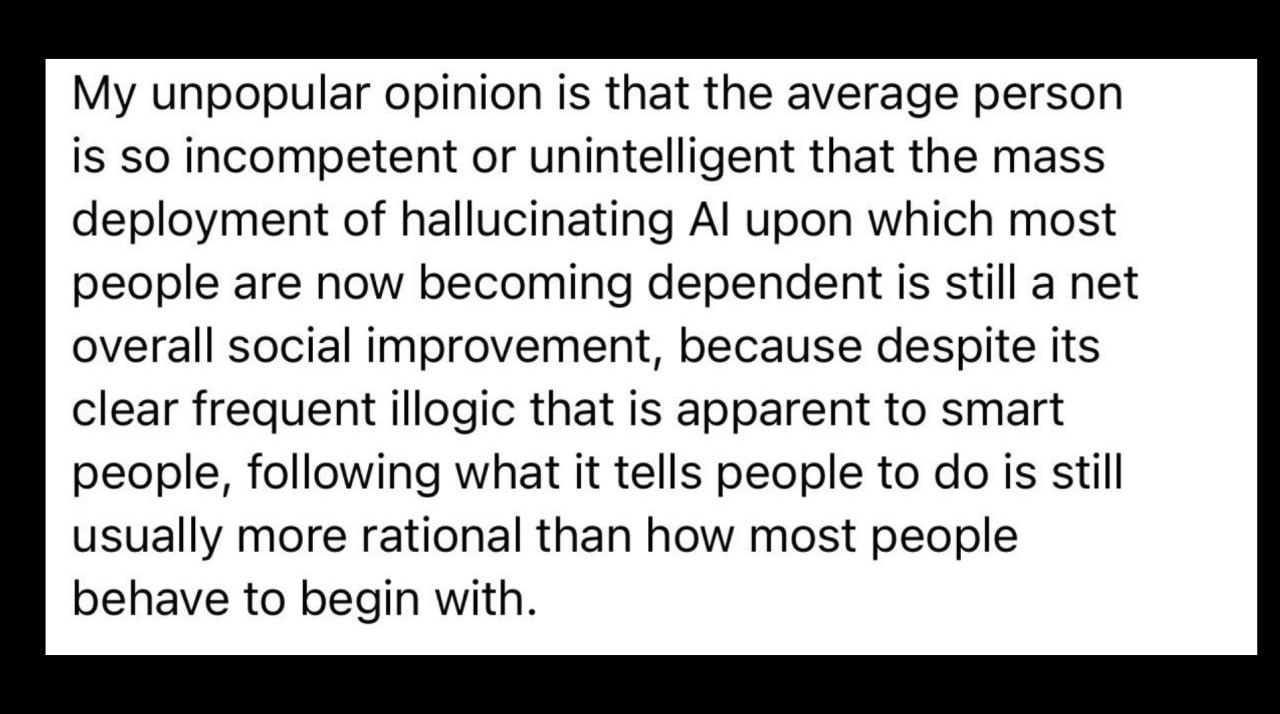Introducing a brand new segment ran by the HackerPulse CEO Gleb Braverman. He will be sharing some of his thoughts on all things software, AI and overall the tech industry. Now let’s jump in.
Just finished reading the AI Impact Report 2025 by LeadDev. It's based on input from over 880 engineering leaders, and the numbers are telling.
85% of engineering orgs are using AI for internal tasks. Think dashboards, test generation, code assistance.
But only 59% report a meaningful boost in productivity.
Over half of companies plan to invest in AI fluency this year, including training teams on prompt engineering and agent orchestration.
So what’s happening?
We’ve passed the phase where AI is a novelty. It’s no longer a question of if engineering teams should use it. The real challenge is how we’re integrating it and whether we’re getting value.
At HackerPulse, I’m seeing a clear pattern.
The teams that get the most out of AI aren't just buying tools. They’re redesigning how the work happens. Not around AI, but with it in mind. They aren’t optimizing for novelty. They’re optimizing for fit.
This is a translation problem, not a tooling one.
You can't bolt AI onto messy workflows and expect productivity to spike. The teams that are seeing results have done things like:
Rethinking their review processes so LLMs help with triage and surface edge cases
Creating internal libraries of reusable prompts, maintained like code
Measuring AI-driven suggestions not just on output quality, but on impact to delivery and cycle time
They’ve put in the effort to make the tools useful, not just present.
If you don’t know what to ask, you won’t know what to automate.
If you don’t measure the right thing, you’ll assume there’s no impact.
AI is revealing gaps in process and culture. It’s not replacing developers. It’s exposing where communication, decision-making, and feedback loops are weak.
Here are a few questions we’ve been thinking about with our customers:
How do you validate what AI produces, without adding friction to QA?
Where does AI fit in existing workflows, rather than sitting beside them?
Can prompt fluency become as natural to engineers as writing a test?
What are the actual metrics that show whether AI is helping?
AI isn’t a shortcut. It’s a medium. Like version control or CI/CD, it reshapes how we think about engineering work.
We’re early. But the orgs that build the muscle now will have a compounding advantage over the next five years.
Another parting thought for you.
What do you think about this? Leave a comment.
Here’s the full LeadDev report if you want to dig deeper



